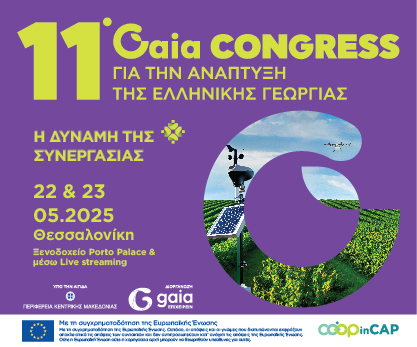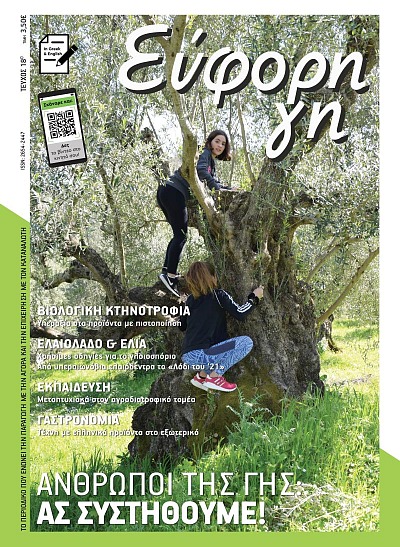The trigger was given by the European Commission itself on 2/12/2015, where a press release presented the new EU status quo about the future: “The Commission has adopted a new, ambitious package of measures to support the transition to a circular economy, which will boost global competitiveness, promote sustainable economic growth and create new jobs. The transition regards the restructuring of the market economy and improvement of our competitiveness. This package outlines the process for better waste management in Europe with support actions covering the full life cycle of products. This combination of legislation and incentives will help businesses and consumers, as well as national and local authorities, to promote the transition to the circular economy. The potential of job creation is enormous, as the demand for better, more efficient products and services is rising rapidly”.
But let's see what the circular economy is, what its significance and why it is considered as the economic model of the future for industry and agricultural production. Some even define it as the “Third Industrial Revolution”. The existing model of the three-step economy is linear and has been rated as “wasteful”. That is, we produce, consume and then reject all those parts of the products that are not used. In the context of the circular economy, all non-used products are recycled in order to be re-used to create new products. It could be argued that many of the recycling principles have been in place for decades, but this does not appear to be absolutely clear and organized in all countries. With the introduction of the concept of circular economy, the possibility of “intelligent” and more efficient organization of recycling actions is given.
In particular in agriculture, the circular economy focuses on producing goods using as little as possible inputs emphasizing on the recycling of agricultural residues and by-products, including those of agro-industry. This increases agricultural income and reduces the environmental footprint of crops.
The implementation of the circular economy requires the realization that the resources of our planet are finite and the modern production system has been judged to be the ultimate waste of the good and goods that the land offers us. It is certain that this cannot continue.
In the context of the circular economy, EU beyond the incentives it has put in place for businesses, national and local authorities, etc. invests through research projects in the development of new innovative actions, as well as in creating integrated platforms for the organization of existing knowledge. In one of these programmes entitled AGROCYCLE (Horizon 2020), which is part of the Institute of Plant Breeding and Genetic Resources of ELGO-DIMITRA (Greek Agricultural Organization), it collaborates with 24 other research entities from Europe and Asia. The aim of the Greek research group is to exploit the residues of the rice industry to develop innovative products such as bio-functional foods, bio-fertilizers, and even the creation of a rice-based medicine using nanotechnology methods.
Captions
Aerial photo of drone of the experiential plots where different types are tested of bio-fertilizer mainly made my using by-products of the rice industry
Explanation: The white circular structures shown in the photo between the experimental plots are gas chambers, mainly, measure methane emission for the study of the possible impact of the new bio-fertilizer on the environment (methane emissions are responsible for the greenhouse effect)

The plan of the overall actions of the AGROCYCLE project
Innovative bio-functional bread, enriched with by-products of the rice industry
Panicles of the Greek rice variety AXIOS, property of ELGO-DIMITRA
Experimentation with various types of bio-functional breads enriched with by-products of the rice industry
Experimental field with durum wheat using different types of bio-fertilizer mainly made by using by-products of the rice industry
* Dr. D. Katsantonis is an Associate Researcher at the Institute of Plant Breeding and Genetic Resources of the Greek Agricultural Organization – “DIMITRA”.
Read the greek and english versions of the issue here











